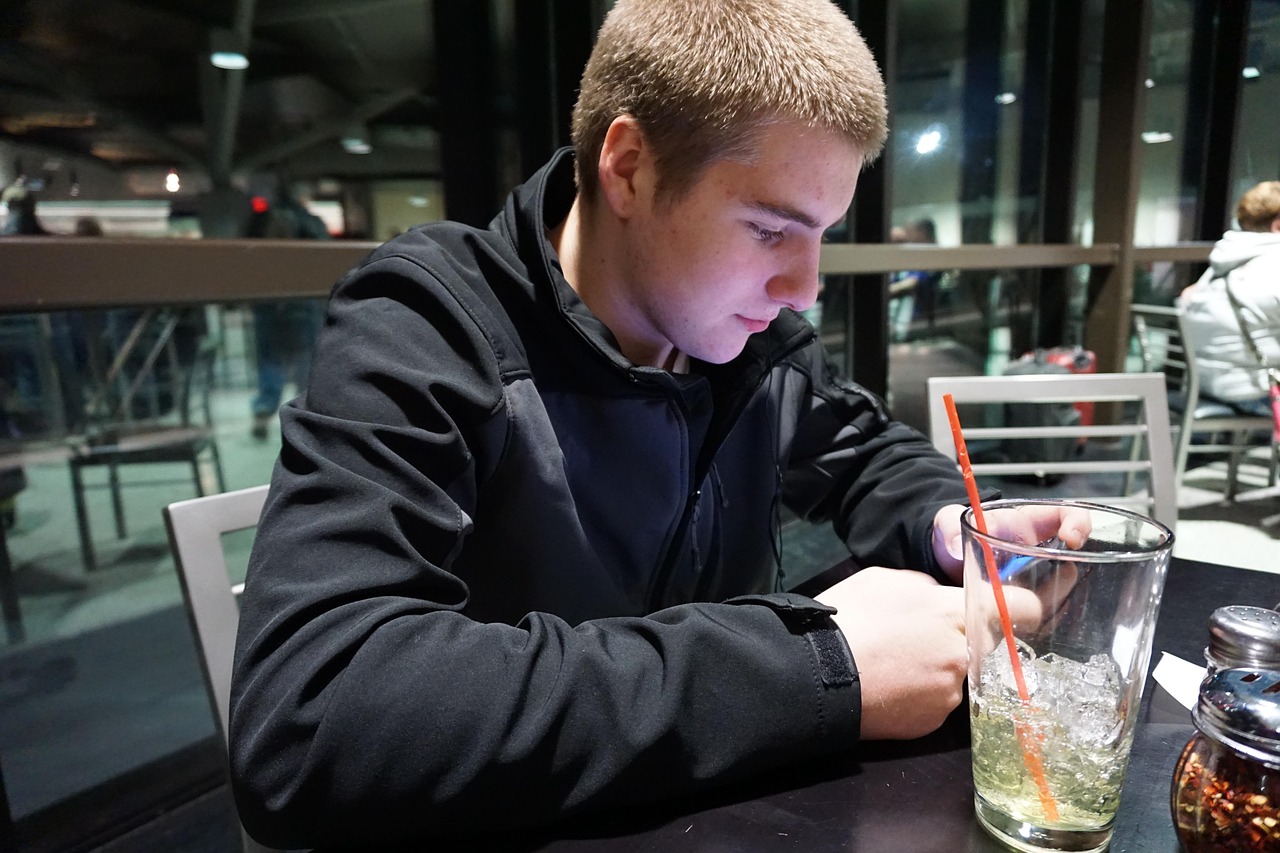News release
From:
Teachers express extreme concern about influence of online misogyny on students
Teachers often reported male students reflecting misogynistic ideas: it is “ok to hurt women because Andrew Tate does it”
In a survey study of 200 U.K. teachers, 76 percent of secondary school teachers and 60 percent of primary school teachers expressed extreme concern about the influence of online misogyny on their students. Harriet Over of the University of York, U.K., and colleagues present these findings in the open-access journal PLOS One on February 26, 2025.
Prior research has shown that young students are increasingly exposed to social media content created by misogynistic influencers, such as Andrew Tate and members of the incel movement. However, few researchers have examined how exposure to toxic online misogyny might influence the experiences and behavior of children and adolescents.
To help clarify, Over and colleagues surveyed 100 secondary-school teachers (teaching children aged 11 and older) and 100 primary school teachers (teaching ages 4 to 11) in the U.K.. The survey aimed to capture teachers’ perceptions of the influence of online misogyny on students.
Analysis of the survey data showed that 76 percent of the secondary and 60 percent of the primary school teachers reported extreme concern about the influence of online misogyny on their students.
When asked about influences on male and female students specifically, the teachers tended to reference instances of male students praising misogynistic ideas and engaging in misogynistic behavior against female students and staff, and instances in which female students were victims of misogyny.
For instance, one teacher reported hearing a male student say it is “ok to hurt women because Andrew Tate does it,” while another reported that female students were “worried about coming to school due to what the boys may say or do to them.”
Ninety percent of the secondary and 68 percent of the primary school teachers reported feeling their schools would benefit from teaching materials specifically meant to address the impact of online misogyny.
These findings are observational and do not confirm a cause-effect relationship between online misogyny and misogynistic behavior of students. Nonetheless, on the basis of their findings, the researchers call for further research into the issue and suggest that addressing it should be a top priority for policymakers, educators, and academics.
The authors add: “Teachers report that male pupils discuss misogynistic influencers with some regularity and that misogynistic influencers appear to motivate discriminatory behavior towards female peers and female teachers. 76% of secondary school teachers and 60% of primary school teachers reported that they were extremely concerned about the influence of online misogyny in their schools.”



 International
International


